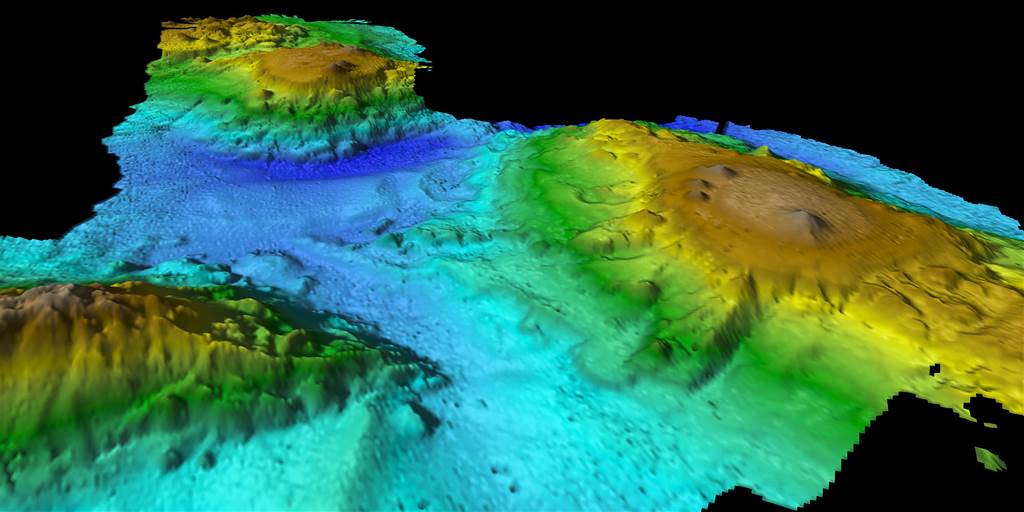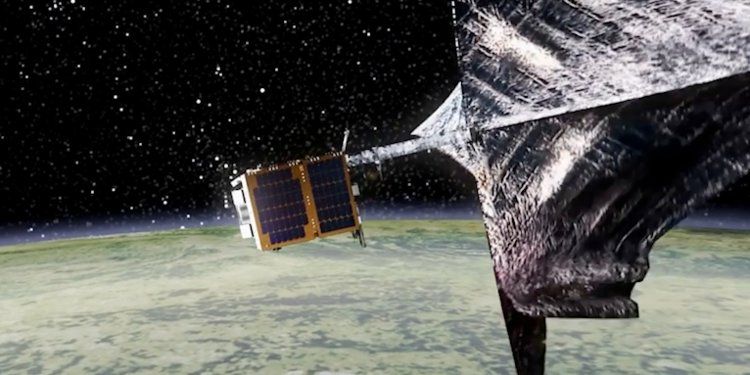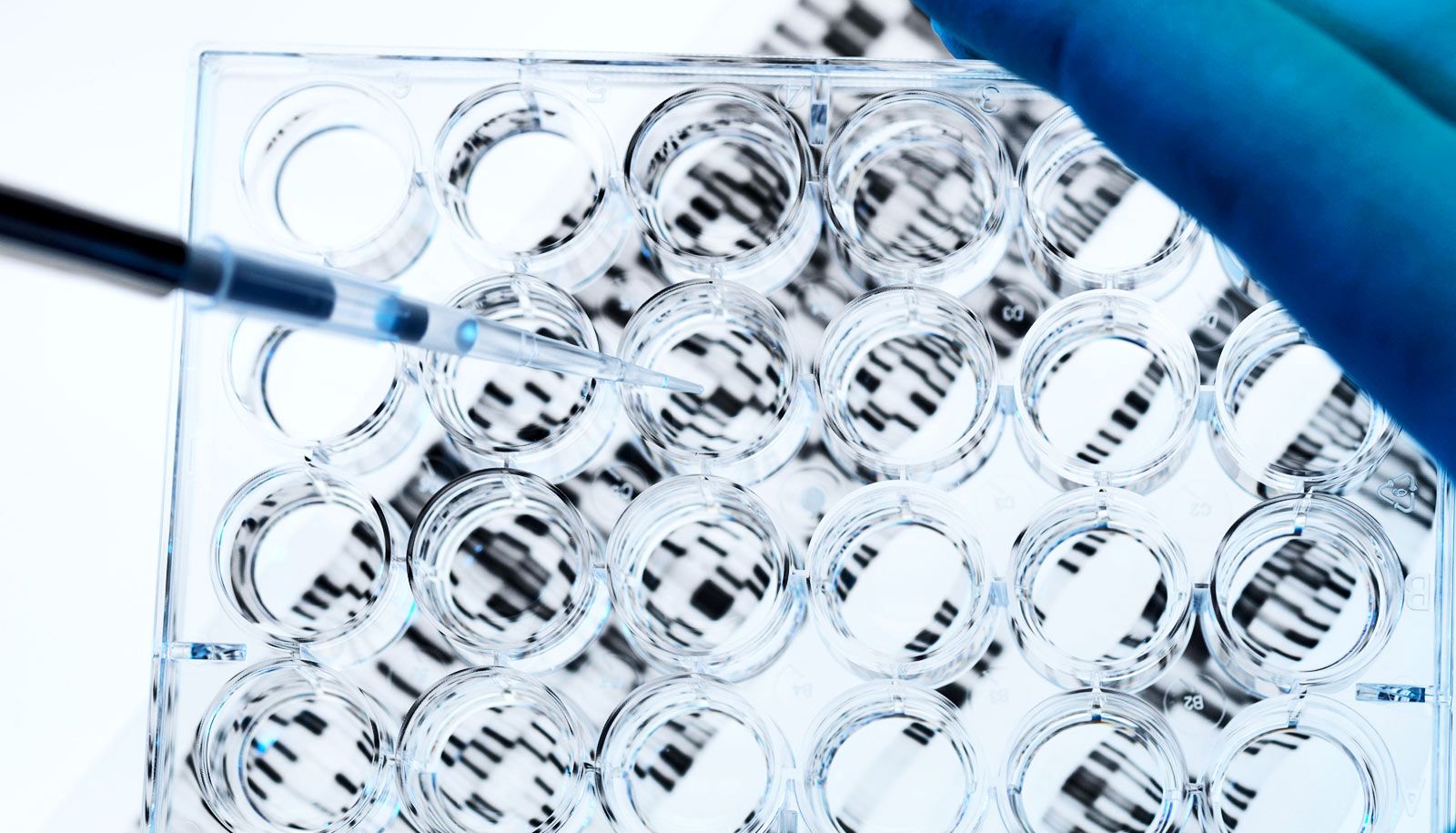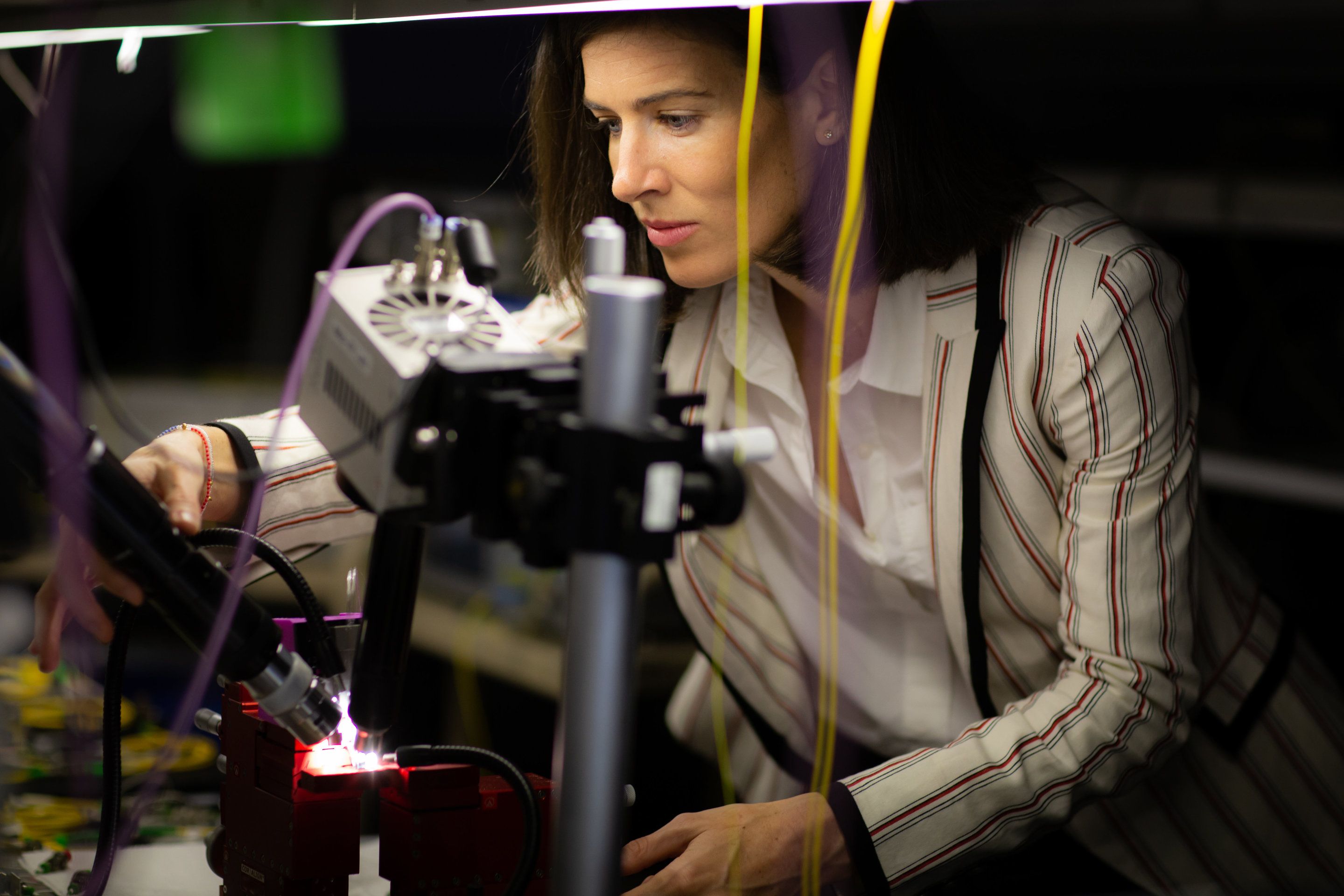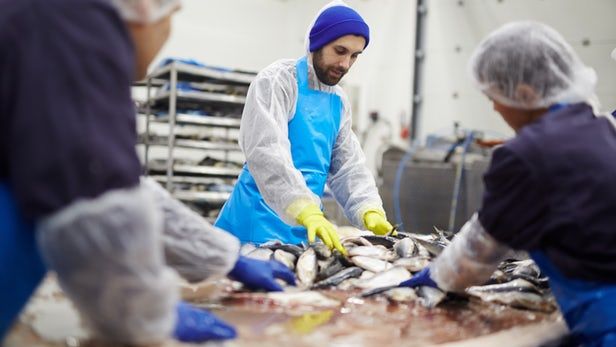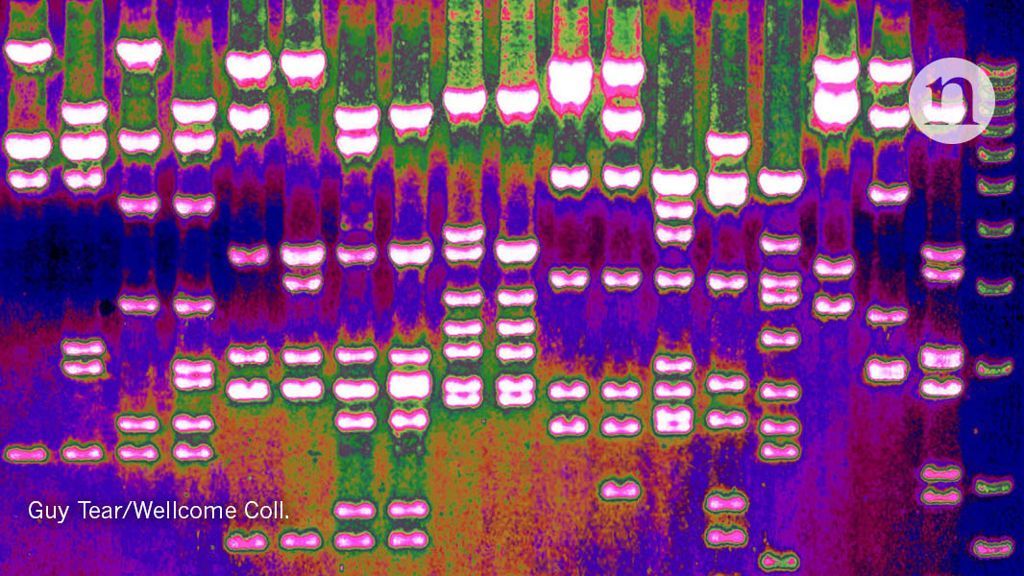Page 9350
Nov 1, 2018
The Three Types of Ovarian Cancer You Should Know
Posted by Genevieve Klien in category: biotech/medical
Nov 1, 2018
Google’s Doodle Is An Adorable Tribute To A Canadian Geologist
Posted by Genevieve Klien in category: futurism
Today’s Google doodle features a man standing among large dinosaur bones in the Alberta Badlands.
It’s in honour of Joseph Burr Tyrrell, who was born 160 years ago in Weston, Ont.
Tyrrell, who died in 1957 at the age of 98, was a Canadian geologist, cartographer and mining consultant.
Continue reading “Google’s Doodle Is An Adorable Tribute To A Canadian Geologist” »
Nov 1, 2018
Over half a million chunks of space trash could jeopardize space travel — but Europe has a plan to save it
Posted by Genevieve Klien in category: space travel
More than half a million chunks of space trash surround our planet and it poses a serious threat to space travel as we know it. But Europe has a plan.
Nov 1, 2018
Should genealogy data be used to solve crimes?
Posted by Genevieve Klien in categories: biotech/medical, genetics
New research shows how police could use forensic DNA to track down a suspect’s relatives in genealogy databases that store a different kind of genetic data—and that were never intended for use in police investigations.
In other words, if your sibling leaves DNA at a crime scene, it could lead detectives to your door. That suggests new investigative possibilities for police—and also new concerns about genetic privacy and whether authorities who use forensic DNA in creative ways might be overstepping their bounds, says Noah Rosenberg, a professor of biology at Stanford University and senior author of a study, which appears in Cell.
“The potential to link people’s genotypes across databases has been developing for some time. It is both of interest and concerning, depending on one’s point of view,” says Rosenberg, who is also a member of Stanford Bio-X.
Nov 1, 2018
Cyberattacks increasingly targeting enterprise IT networks in energy and utilities industry
Posted by Genevieve Klien in categories: cybercrime/malcode, energy
Increased attacks prove the importance of detecting threat behaviors early and monitoring network traffic, stopping cybercriminals in their tracks.
Nov 1, 2018
Quantum on the edge: Light shines on new pathway for quantum technology
Posted by Genevieve Klien in categories: computing, quantum physics
Scientists in Australia have for the first time demonstrated the protection of correlated states between paired photons—packets of light energy—using the intriguing physical concept of topology. This experimental breakthrough opens a pathway to build a new type of quantum bit, the building blocks for quantum computers.
The research, developed in close collaboration with Israeli colleagues, is published today in the prestigious journal, Science, a recognition of the foundational importance of this work.
“We can now propose a pathway to build robust entangled states for logic gates using protected pairs of photons,” said lead author Dr. Andrea Blanco-Redondo at the University of Sydney Nano Institute.
Nov 1, 2018
NoVAqua tech harvests nutrients from seafood-processing wastewater
Posted by Genevieve Klien in category: futurism
When fish are filleted in a seafood-processing plant, or when shrimp and shellfish are boiled, a lot of wastewater is generated. Currently, that water is simply discarded. An experimental new system, however, is able to draw much of the nutrients from it – and those nutrients could have a number of uses.
Nov 1, 2018
Machine learning spots natural selection at work in human genome
Posted by Genevieve Klien in categories: biotech/medical, genetics, robotics/AI
Scientists are using artificial intelligence to identify genetic sequences molded by evolutionary pressures.
Nov 1, 2018
Researchers Created an ‘AI Physicist’ That Can Derive the Laws of Physics in Imaginary Universes
Posted by Genevieve Klien in categories: physics, robotics/AI
Teaching AI how to combine smaller models to understand complex situations has been a major stumbling block for machine learning research.
